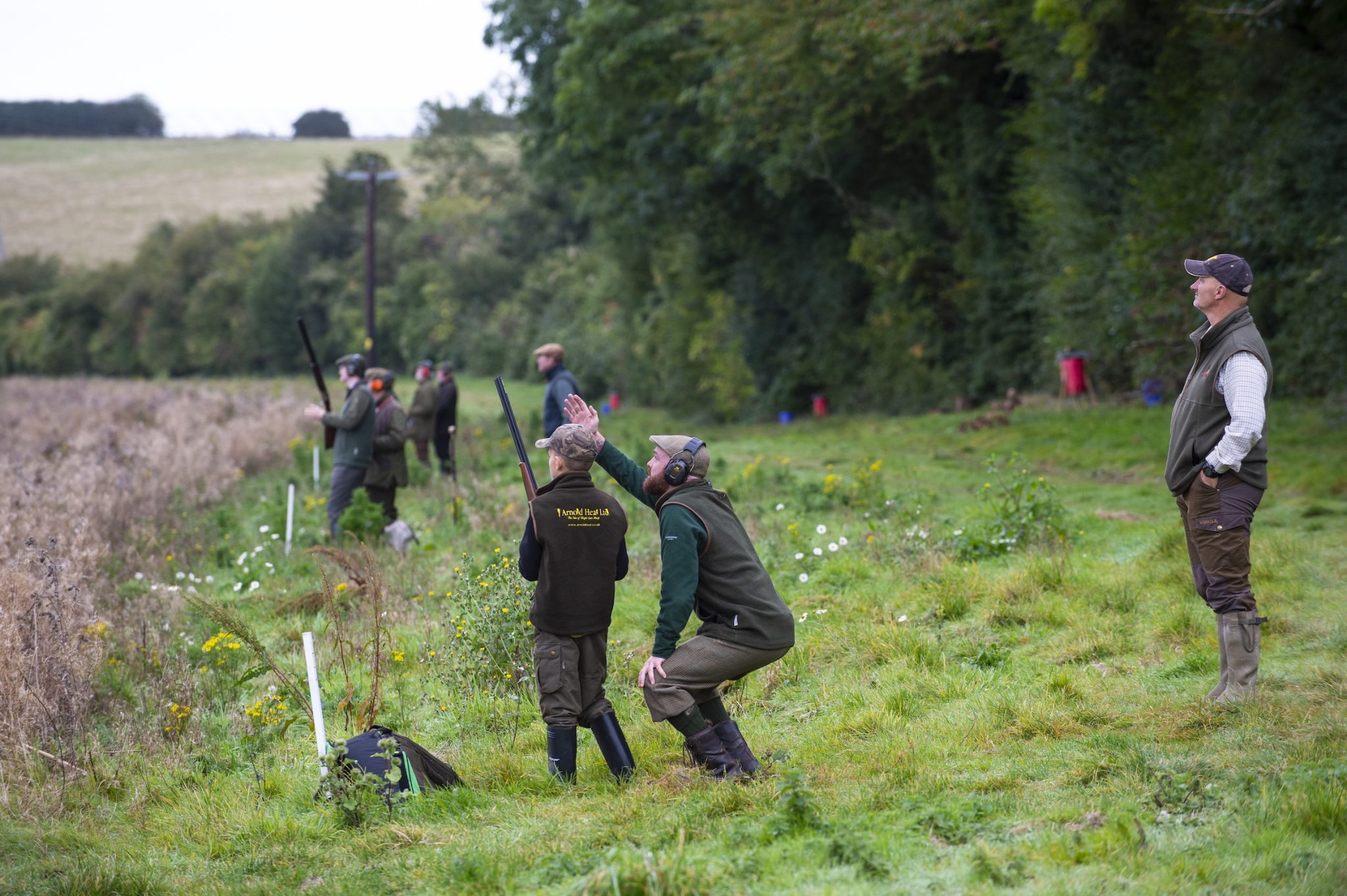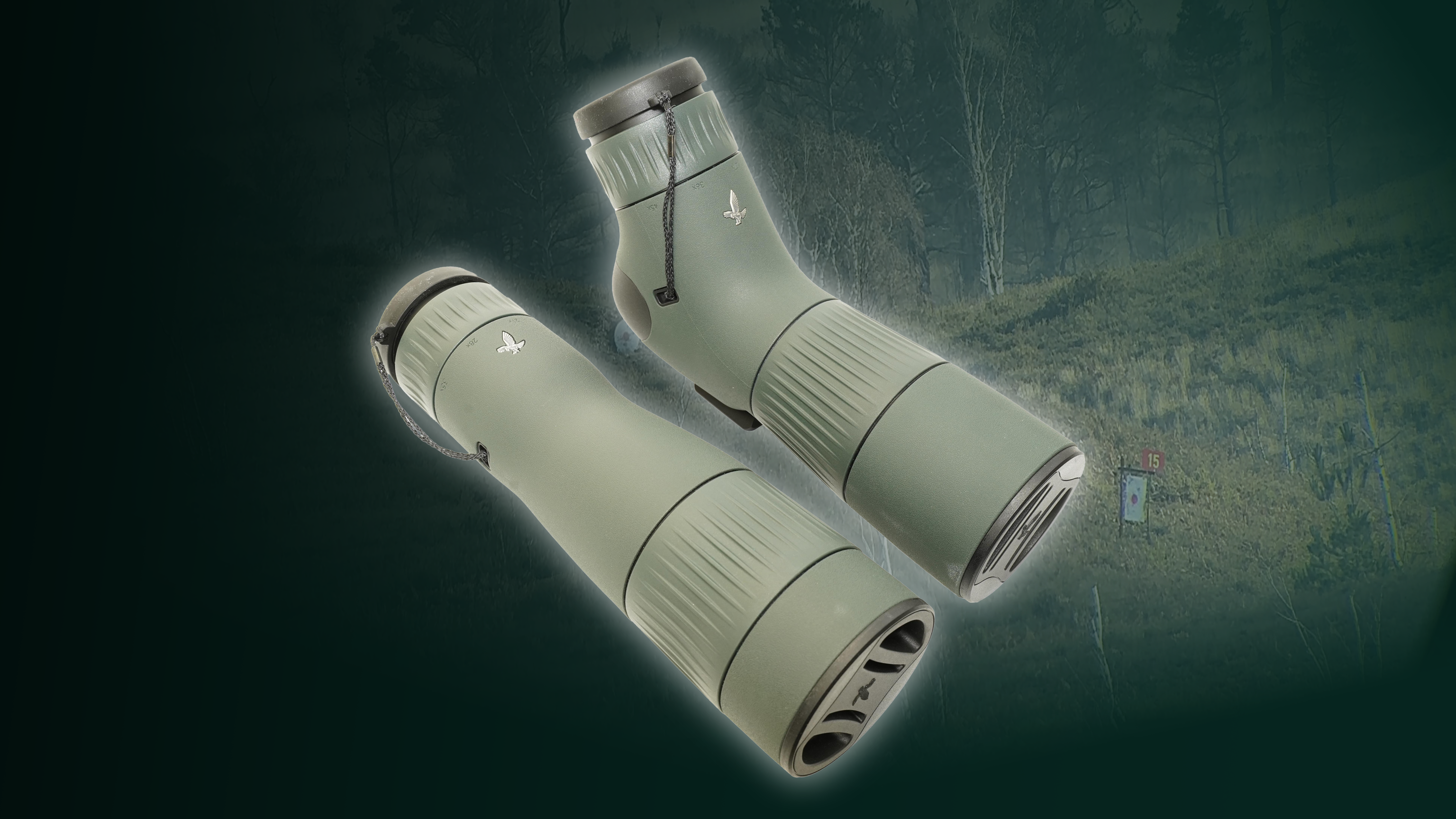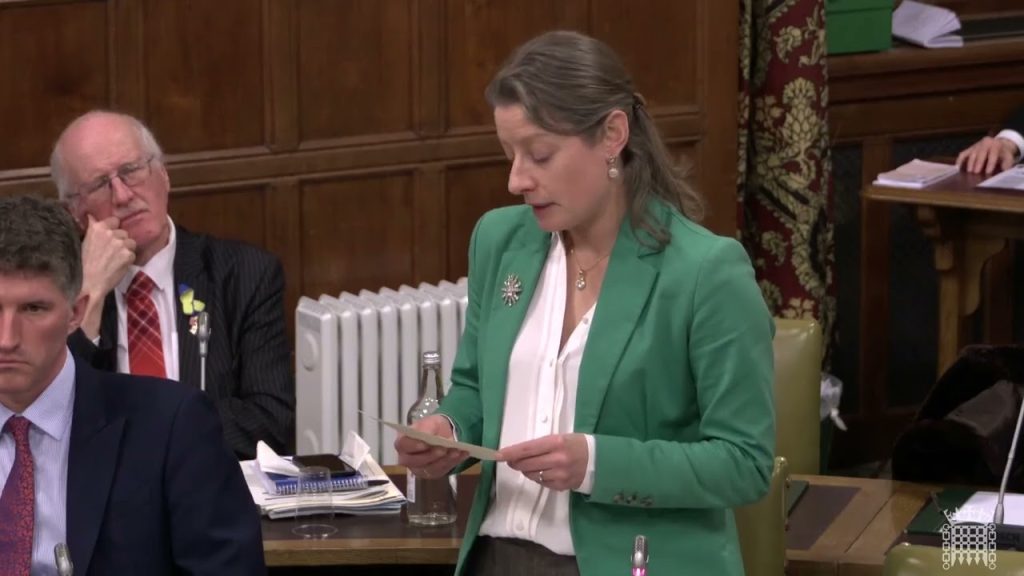The countdown is on for The British Shooting Show – book tickets online today and save on gate price!
Court dismisses RSPB covert surveillance case as abuse of process

Magistrates at Northallerton have dismissed a case brought by the RSPB alleging misuse of a cage trap by a grousemoor keeper on the grounds that the way the charity carried out its investigations amounted to an abuse of process and denied the defendant the prospect of a fair trial.
The court held that video evidence submitted by the RSPB, which formed the basis of the prosecution case against Ian Sleightholm, 33, had been obtained illegally because the charity’s officers “were trespassing on another farmer’s land when they visited the site, saw the trap and set up the covert surveillance cameras”.
The RSPB claimed that the trap – set by Mr Sleightholm – did not have adequate shade and that the water provided was unsuitable. The court noted that the charity’s sole evidence for this was the covertly obtained video footage and that it had not taken samples of the water or offered Mr Sleightholm the chance to have an independent analysis carried out. Giving judgement, the magistrates stated: “We firmly believe that water quality cannot be assessed by photographic evidence alone and that proper methods exist to establish its quality and suitability. These mechanisms were not used.”
The court also noted a number of failings in the conduct of the investigation, including that neither Mr Sleightholm nor the landowner on whose land the RSPB officers were trespassing was aware of the officers’ presence, the cameras, or the allegations that the trap was being improperly used. They found that: “Mr Sleightholm knew nothing of these matters until he was contacted and interviewed by the police in the presence of RSPB officials. These failings at no time gave Mr Sleightholm the opportunity to either discuss the issues with the RSPB or indeed to prepare his own defence.”
Summing up their findings, the magistrates ruled that: “We feel that these failings on the part of the prosecution lead us to conclude that Mr Sleightholm cannot/would not receive a fair trial and that it would be unfair for him to be tried. In the circumstances we consider that there is an abuse of process in this case and we therefore stay the proceedings.”
Mr Sleightholm was represented by Peter Glenser of 9 Bedford Row, instructed by Timothy Ryan of Warners Law LLP, who described the outcome as “a brilliant result”.
A spokesman for the National Gamekeepers’ Organisation said: “The RSPB should be hanging its head in shame today after providing unlawfully obtained evidence to support the prosecution of a gamekeeper. The RSPB was so scurrilous as to plant a covert surveillance camera, and film for more than 380 hours, without the permission of the landowner, nor with any lawful justification. It’s a disgrace that the RSPB – now widely seen as a self-styled wildlife police force – should operate in this manner. The RSPB needs to get its house in order.”
He added: “It makes us wonder whether the RSPB may be out of control? The fact that this case was dismissed so swiftly is in our view perhaps indicative of the depths to which the RSPB will stoop in order to create the illusion, both for the court and for the public, of a gamekeeper being involved in wildlife crime. The RSPB is, it seems, singlehandedly destroying its own reputation and credibility by the use of covert surveillance cameras. How can anyone trust its word in the future? We hope the RSPB has now learned its lesson, its knuckles having been soundly rapped by the decision of the court. We hope it has the decency to apologise to all concerned.”
A spokesman for the RSPB said: “Wildlife crime represents a serious threat to the conservation of some of our most threatened species, and the RSPB makes no apology for the hard work and determination of its investigators in tackling these crimes.
“The RSPB have supplied the police and prosecutors with this type of covert evidence since 1990 and very carefully consider any directed surveillance work – to ensure it is necessary, proportionate and there are minimal risks of filming innocent third parties. The RSPB considers every case on its own merits before undertaking any form of directed surveillance work.
This work is invariably undertaken at remote and quiet places, e.g. to monitor illegal traps or vulnerable nest sites where the only person likely to be recorded will be a bird crime suspect. We are only aware of a court rejecting this type of evidence in one previous case (a gamekeeper in Scotland caught removing a peregrine falcon chick from a nest). This methodology has lead to many convictions for very serious conservation offences (e.g. first conviction of shooting a hen harrier).
“Rather than attacking those who witness wildlife crimes and then bring them to the attention of the authorities, far more needs to be done to root out the bad apples who continue to commit wildlife crime offences in our countryside.”
Related Articles
Get the latest news delivered direct to your door
Subscribe to Shooting Times & Country
Discover the ultimate companion for field sports enthusiasts with Shooting Times & Country Magazine, the UK’s leading weekly publication that has been at the forefront of shooting culture since 1882. Subscribers gain access to expert tips, comprehensive gear reviews, seasonal advice and a vibrant community of like-minded shooters.
Save on shop price when you subscribe with weekly issues featuring in-depth articles on gundog training, exclusive member offers and access to the digital back issue library. A Shooting Times & Country subscription is more than a magazine, don’t just read about the countryside; immerse yourself in its most authoritative and engaging publication.







